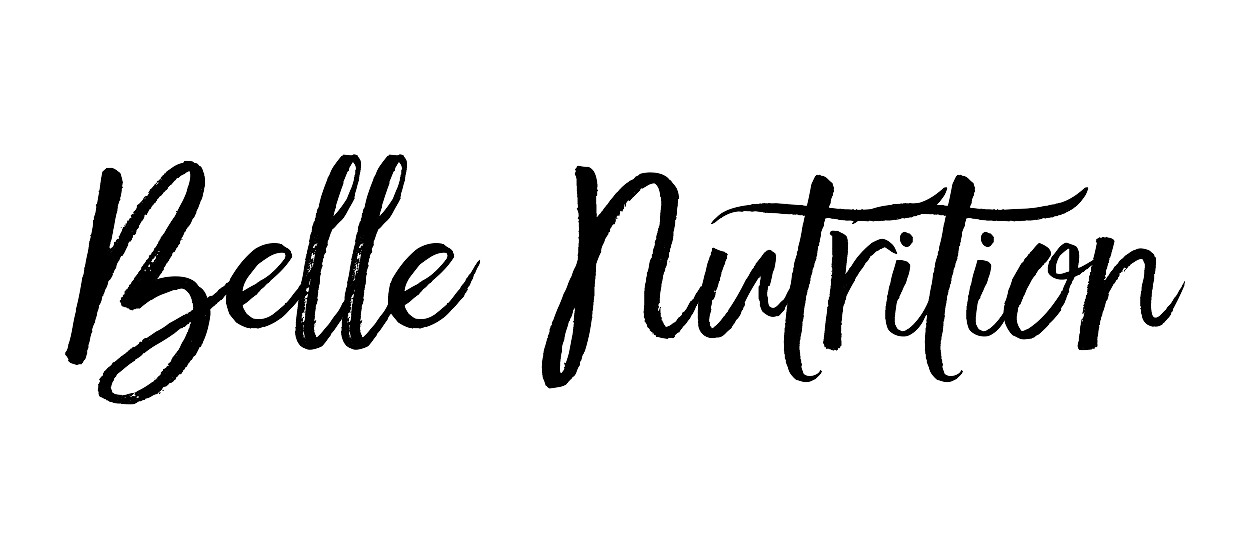Could being ourselves actually contribute to a longer, healthier life?
For many of us over 50, life came with an unspoken rulebook: keep things tidy, predictable and acceptable. Urged to follow the path of education, steady job, marriage, children; the well-worn routine on repeat. Did we question the structure, or quietly fitted ourselves into it?
Individuality was not overly celebrated, it was more ‘managed’.
I remember how even small expressions of self, a preference for red lipstick or the larger expression of veering myself away from the standard 9–5, felt like pushing against an invisible fence. There was not a dramatic tone of disapproval, just that quiet judgement… the raised eyebrow… the “Oh? Really?” tone. As if wanting something different required a justification.
Then along came Gen Z and they simply opted out of the script. Or did we teach them to?
They’ve normalised the outsider. The non-conformist is credible. And stepping to the side of the mould is an entirely comfortable direction to take.
They talk openly about identity, boundaries, wellbeing, expression, and difference as if it’s the most ordinary thing in the world. And because they do it without apology, it’s softened the ground for the rest of us, too.
Where previous generations carried self-criticism like a duty, theirs is a generation that leads with self-permission and this I love.
And the side effect. Are our nervous systems finally exhaling?
Why this matters for health
Self-suppression is not purely an emotional issue, there is a negative effect on our physiology too. As we constantly edit ourselves to be “acceptable,” the body lives in a low hum of tension: we are in high alert waiting for the next moment of judgement, our bodies consistently producing cortisol, never quite able to relax into ourselves.
Even small doses of authenticity such as the clothes you really want to wear, the choices which feel like you, the self-permission to shake off the shackles of society’s age and gender ‘rules’, these all signal safety to the nervous system. And this is why we all love festivals – permission to be who you are. Less guarded thinking equates to a calmer central nervous system.
Not “performing” yourself is physiological relief.
A midlife shift
The self-assurance we are embracing in our 50’s, is what Gen Z knew at 20: we don’t have to earn the right to be ourselves.
Just choosing a life that fits, instead of a role that does is something I thoroughly admire.
A small thank you
So, while Gen Z get criticised for being “too open” or “too much,” I see them modelling something profoundly healthy:
You don’t need to justify who you are.
For those of us who were taught to blend in, that’s wonderfully revolutionary.
And perhaps, in finally allowing ourselves to be ourselves from a younger age, fully and unapologetically, we’re not just living better, are we living longer.


